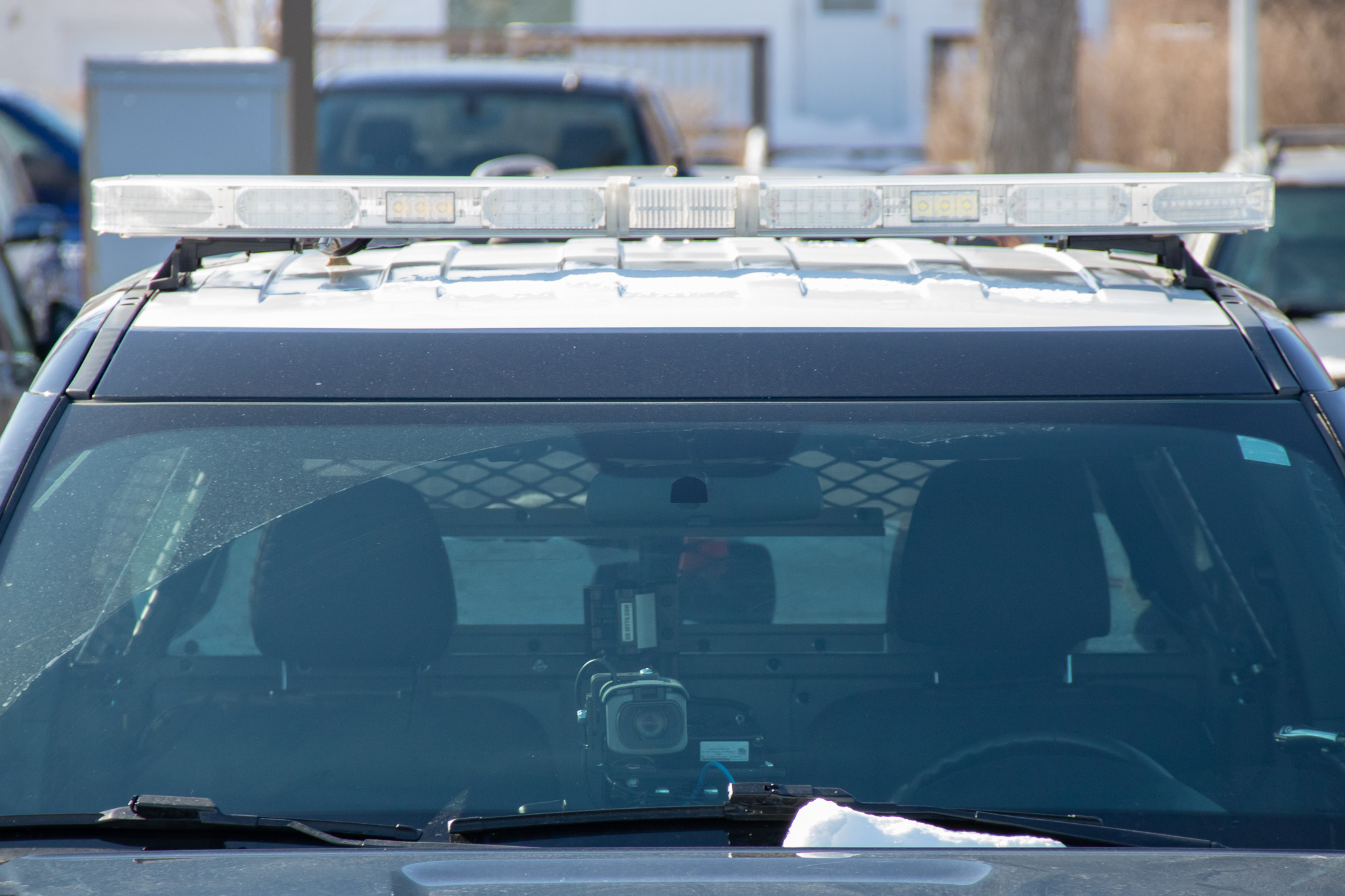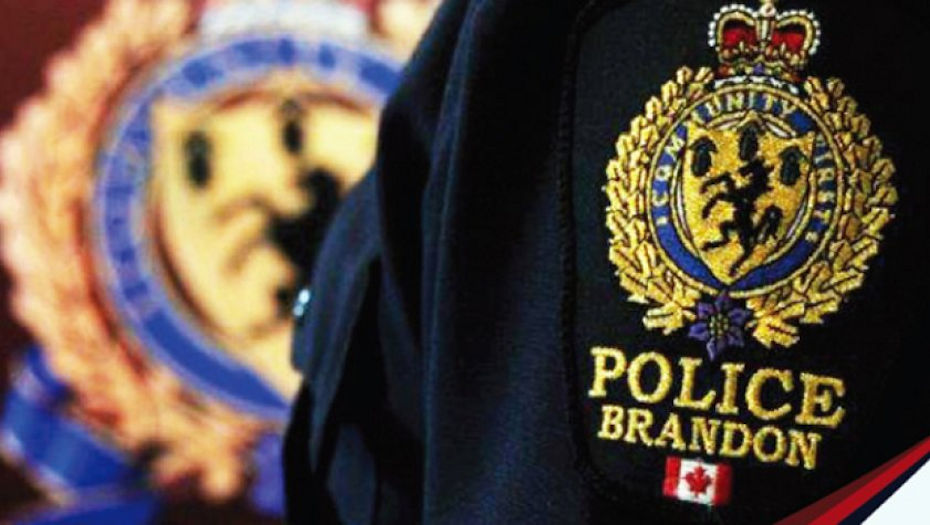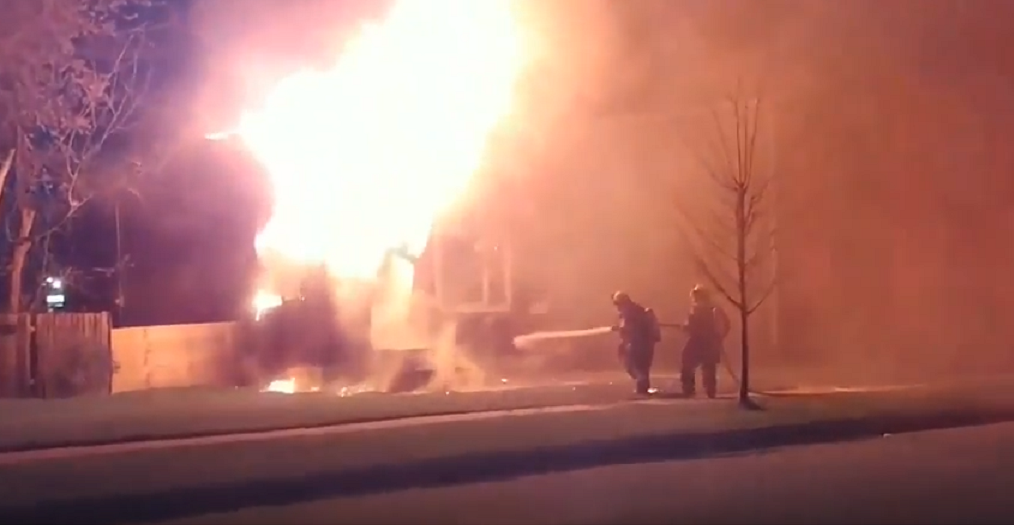Provincial Government to Eliminate Union Requirement on Public Construction Projects
 May 10, 2018
May 10, 2018
The government of Manitoba introduced proposed legislation today that would respect workers’ freedom to organize as they choose on publicly funded construction projects, Infrastructure Minister Ron Schuler announced today.
“From day one, our government has been clear that forced unionization is wrong for Manitobans,” said Schuler. “This legislation ensures all qualified workers and their employers, regardless of union status, have equal access to publicly funded construction projects in the province, and that all workers and employers in this province are treated fairly.”
The public sector construction projects act (tendering) would prohibit public-sector entities from using unionization status as a tendering requirement and would eliminate the practice of employees paying dues to unions they are not members of.
Under the previous administration, large publicly funded construction projects such as the Bi-Pole 3 transmission line and the Red River Floodway expansion were subject to project labour agreements that required employees and contractors awarded work on a project to sign a collective agreement and hire members of specific unions. Where exceptions to this rule were made, the agreements still required dues or fees to be paid to unions for work carried out by non-union workers.
This legislation would prohibit public-sector entities from requiring any of the following when tendering for work on a construction project:
the successful bidder to be, or become part of, a collective agreement;
the successful bidder to employ only members of a specific union or to employ only non-unionized workers; and
dues to be paid to a union for work completed by non-unionized employees on a project.
Construction projects undertaken by the Manitoba government, Crown Corporations, school boards, regional health authorities and post-secondary institutions would be required to comply with this act. The legislation would not impact projects currently under construction.
The legislation was developed with input from stakeholders representing both employers and labour, the minister noted.
“When we build infrastructure, our government is focused on building the best product at the best price,” Schuler added. “How workers choose to interact with their employer should not be mandated by the provincial government.”











![]() January 13, 2025
January 13, 2025![]() January 11, 2025
January 11, 2025![]() January 11, 2025
January 11, 2025![]() January 10, 2025
January 10, 2025![]() January 10, 2025
January 10, 2025![]() January 9, 2025
January 9, 2025
![]() May 12, 2018
May 12, 2018
![]() May 11, 2018
May 11, 2018
![]() May 11, 2018
May 11, 2018
![]() May 10, 2018
May 10, 2018
![]() May 10, 2018
May 10, 2018